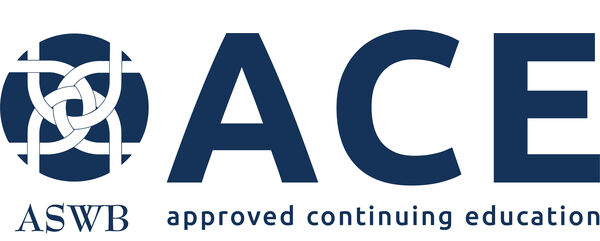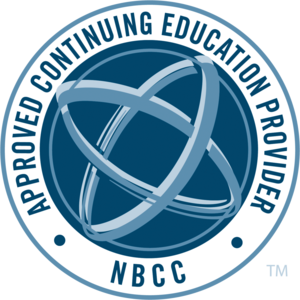Substance Use Disorders and HIV (1 credit hour)
Program Summary: This course explores considerations and recommendations for addressing HIV and substance use disorders. Topics related to unstable housing, sexual risk-taking, substance use disorder screening, co-occurring mental health disorders, and antiretroviral therapy (ART) are discussed. The course reviews commonly used substances and their impact on HIV and ART. ART is advised for anyone who has HIV, including those with ongoing substance use.
This course is recommended for social workers, counselors, and therapists and is appropriate for beginning and intermediate levels of practice. Read the complete description of this course…..
Categories: Addiction, Clinical, Diagnosis / Treatment, HIV



